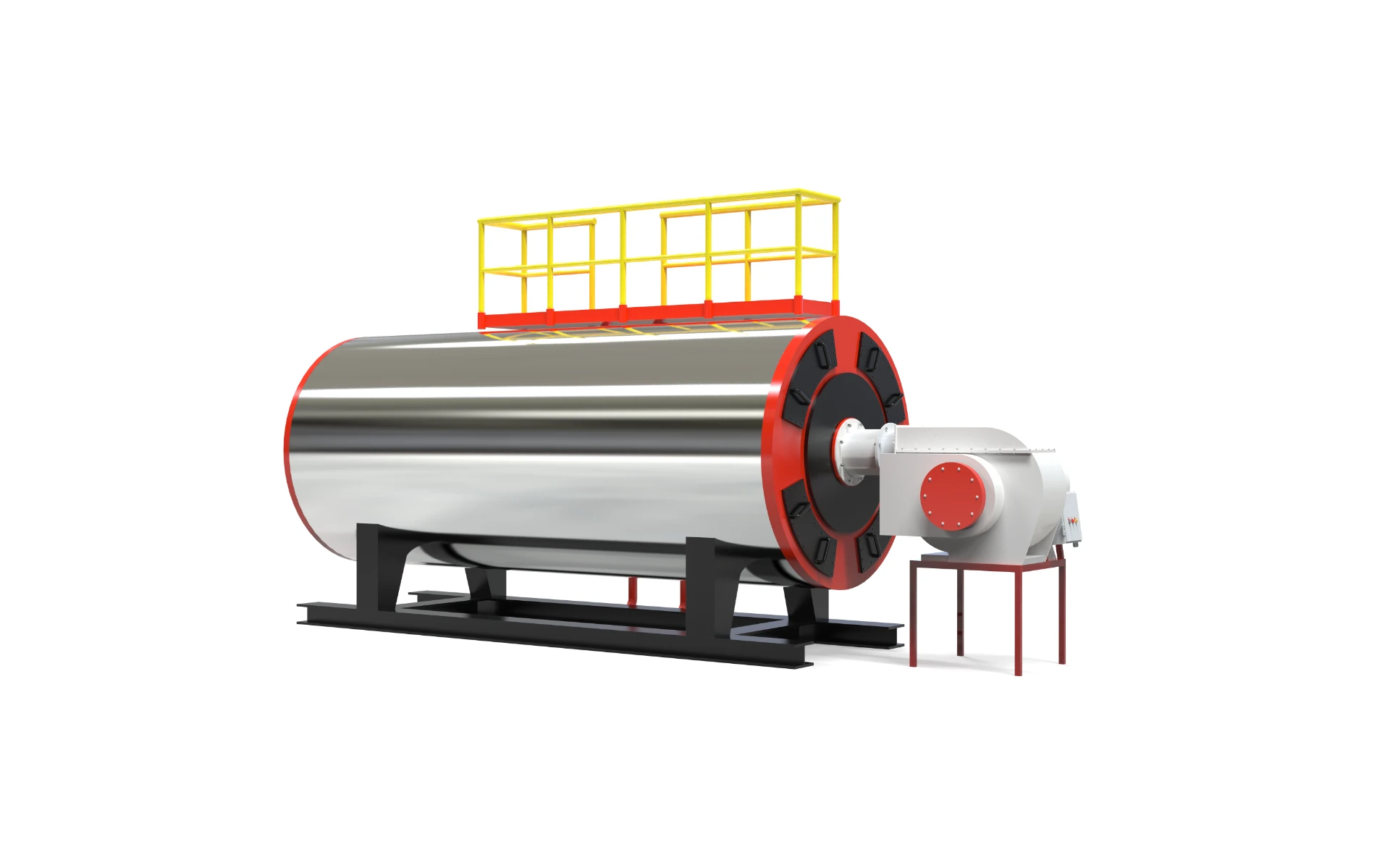
Eyl . 02, 2024 01:16 Back to list
What is a Hot Water Boiler? | Comprehensive Guide
What is a Hot Water Boiler?
A hot water boiler is an essential component in many residential and commercial heating systems. It is designed to generate hot water, which is then circulated through pipes for a variety of heating applications, including space heating and domestic hot water needs. Understanding the functionality and types of hot water boilers can help in selecting the right system for your heating requirements.
How Does a Hot Water Boiler Work?
A hot water boiler operates on a straightforward principle. Water is heated in a closed system, where it is then distributed to radiators, baseboards, or hydronic heating systems to provide warmth. The heating process begins when cold water enters the boiler, usually through a cold water inlet. The boiler heats this water using various energy sources, such as natural gas, propane, oil, or electricity.
Modern hot water boilers are equipped with advanced technologies that enhance efficiency and control. For example, condensing boilers capture and reuse exhaust gases to improve heating efficiency, while multi-stage burners adjust heat output based on demand. This means that a hot water boiler can respond dynamically to changes in heating needs, leading to energy savings and increased comfort.
Types of Hot Water Boilers
There are two primary types of hot water boilers conventional (or standard) boilers and system boilers
.1. Conventional Boilers These typically consist of a central unit with a separate hot water cylinder. They are best suited for homes with high hot water demands, as they can store and supply hot water effectively. However, they require a significant amount of space for the boiler and the cylinder.
what is hot water boiler

2. System Boilers Unlike conventional boilers, system boilers integrate components within the unit itself, meaning they do not require a separate water storage tank. This makes them more compact and easier to install. System boilers can provide instant hot water and require less space, making them popular in modern homes.
Benefits of Hot Water Boilers
Hot water boilers offer numerous advantages. They provide a reliable source of heating and hot water, ensuring comfort and convenience in residential and commercial settings. Their efficient operation can lead to lower energy bills, and many models are designed with energy-saving features. Additionally, hot water boilers are usually more environmentally friendly than traditional heating systems, especially when using renewable energy sources.
Maintenance and Care
To ensure optimal performance and longevity, regular maintenance of hot water boilers is essential. This includes flushing the system to remove sediment buildup, checking pressure levels, and inspecting safety valves. Homeowners and facility managers should schedule annual service checks with certified professionals to address any potential issues before they escalate.
Conclusion
Hot water boilers are integral to modern heating solutions, providing efficiency, reliability, and comfort. Whether in a residential or commercial environment, understanding how they work and the different types available can assist homeowners and businesses in making informed decisions related to heating systems. With proper maintenance, a hot water boiler can serve effectively for many years, ensuring warm spaces and ample hot water for everyday needs.
-
High-Efficiency Commercial Oil Fired Steam Boiler for Industry
NewsJul.30,2025
-
High-Efficiency Biomass Fired Thermal Oil Boiler Solutions
NewsJul.30,2025
-
High Efficiency Gas Fired Thermal Oil Boiler for Industrial Heating
NewsJul.29,2025
-
High-Efficiency Gas Fired Hot Water Boiler for Sale – Reliable & Affordable
NewsJul.29,2025
-
High Efficiency Biomass Fired Hot Water Boiler for Industrial and Commercial Use
NewsJul.29,2025
-
High-Efficiency Biomass Fired Hot Water Boiler for Industrial Use
NewsJul.28,2025
Related PRODUCTS






















